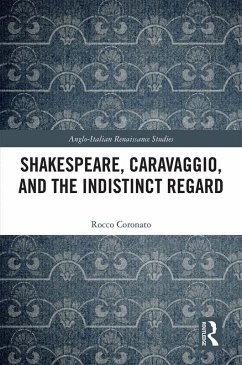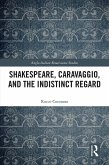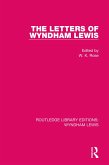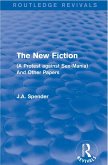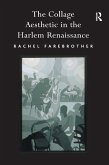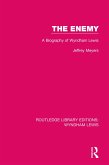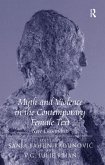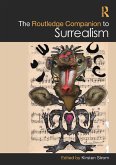This volume presents a contrastive study of the overlapping careers of Shakespeare and Caravaggio through the comparison of their similar conventional belief in symbol and the centrality of the subject, only to gradually open it up in an exaltation of multiplicity and the "indistinct regard".
Dieser Download kann aus rechtlichen Gründen nur mit Rechnungsadresse in A, B, BG, CY, CZ, D, DK, EW, E, FIN, F, GR, HR, H, IRL, I, LT, L, LR, M, NL, PL, P, R, S, SLO, SK ausgeliefert werden.

